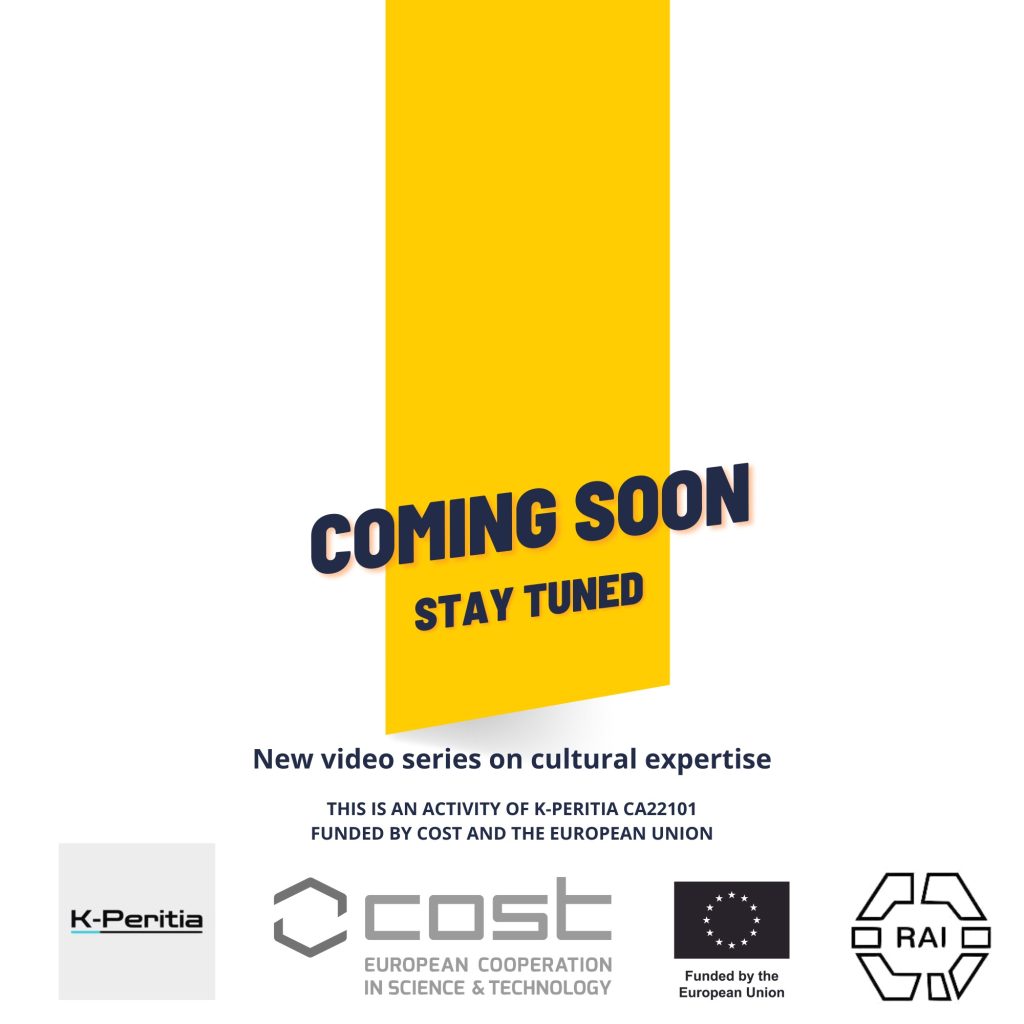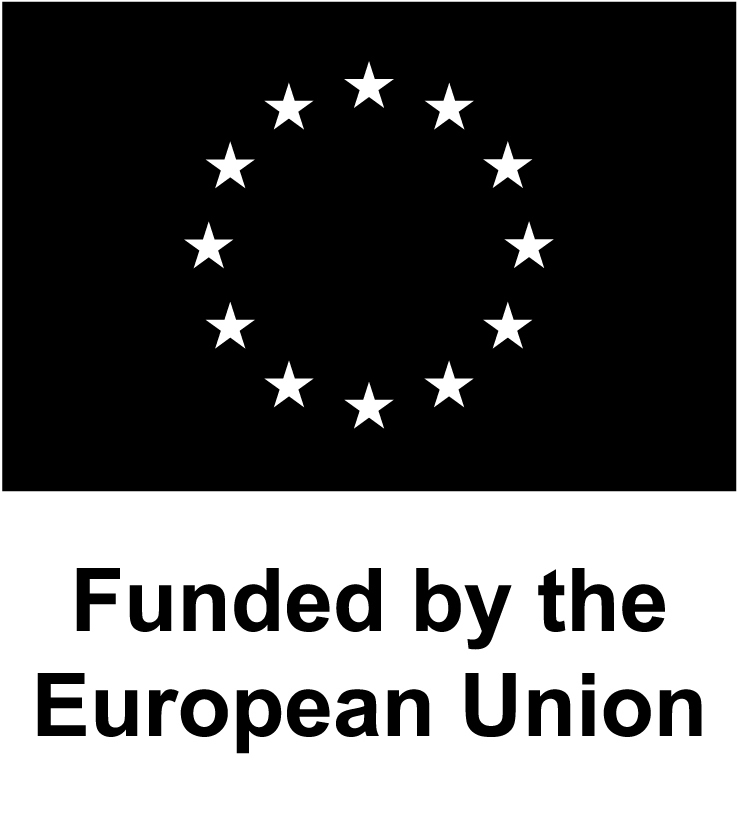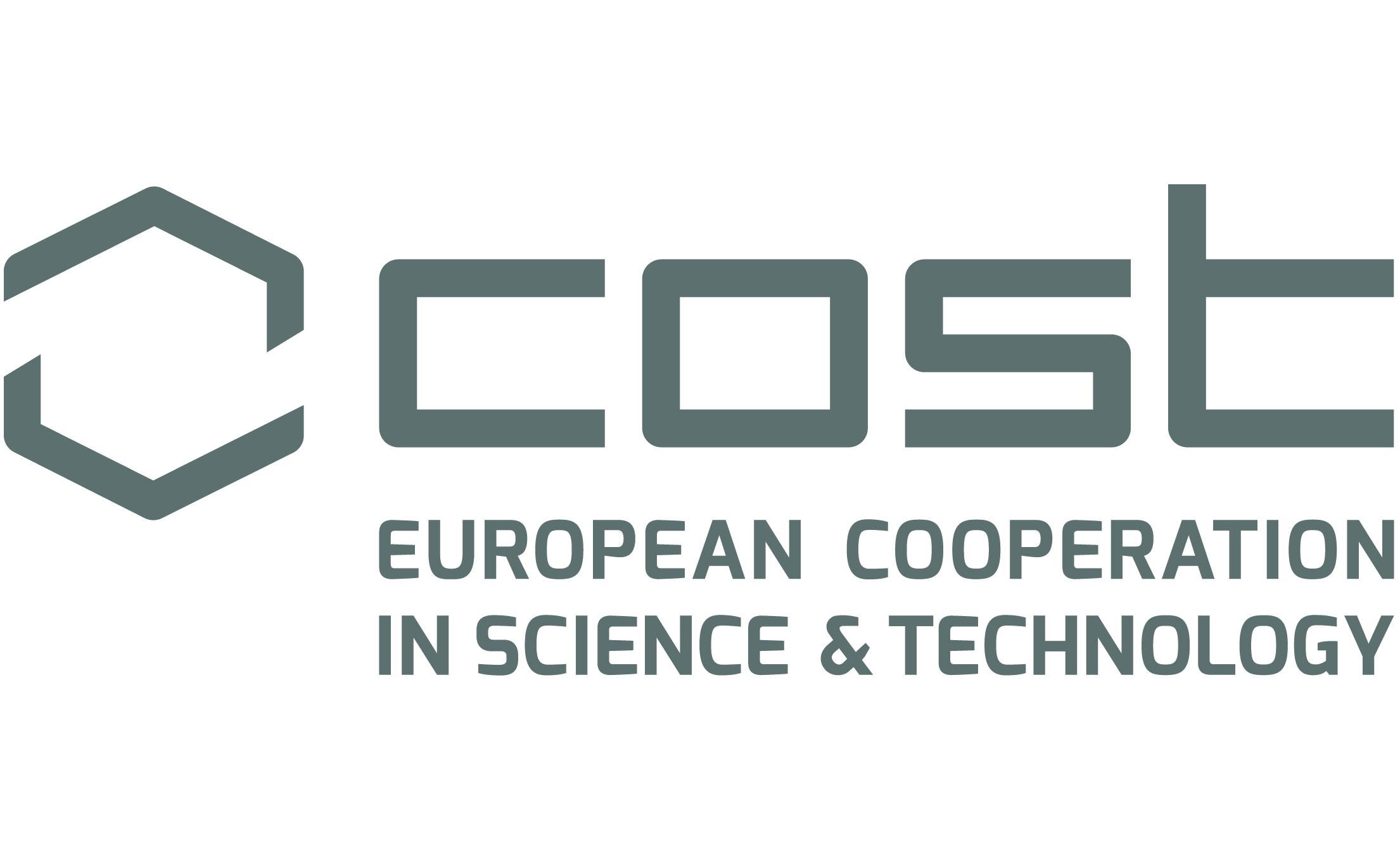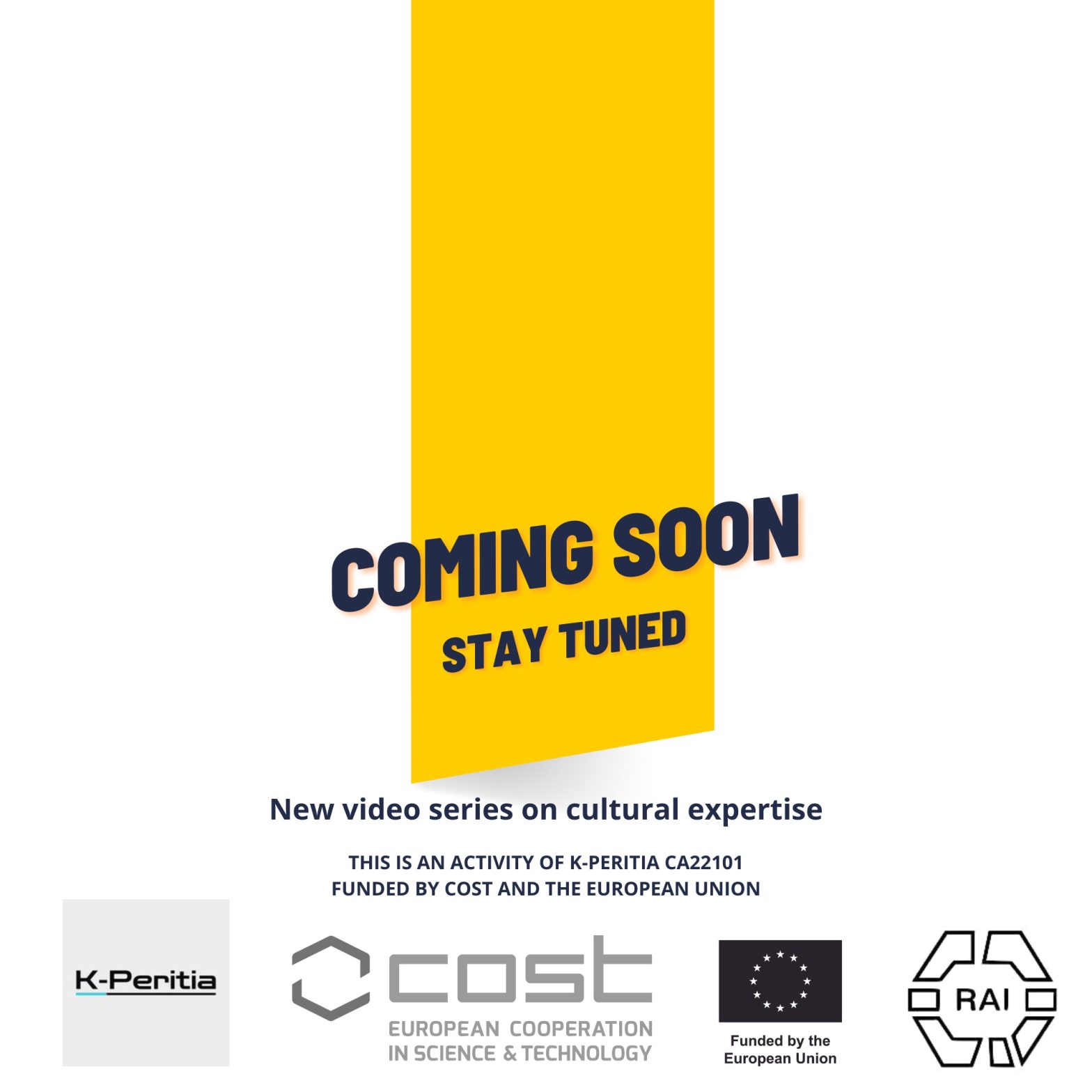
Working Group 1 Launches Upcoming Video Seminar Series: Advancing Cultural Expertise in a Global Context
The WG Theory of K-Peritia COST Action seminar series is a key initiative focused on implementing a foundational element of the theoretical framework of cultural expertise: its continuous analysis and exploration within a global and cross-jurisdictional context. This collection, presented as a series of upcoming video seminars on the K-Peritia YouTube channel, brings together emerging voices in the field to foster dialogue, share insights, and drive the evolution of cultural expertise as a vital interdisciplinary tool.
Cultural expertise has proven indispensable in addressing the nuanced interplay of socio-legal challenges across diverse regions and jurisdictions. Recognizing its profound impact, WG1 co-leaders Dina Hadad and Ana Oliveira have actively engaged with the speakers throughout the seminar series, contributing valuable perspectives drawn from their own expertise. Their facilitation enriched the discussions, ensuring a balance of theoretical depth and practical relevance.
The seminar series underscores the WG’s commitment to advancing and revising the theoretical considerations of cultural expertise, while also embracing contributions that illuminate its practical applications. The ongoing work of the WG seeks to overcome existing challenges and welcome thought-provoking perspectives that push the boundaries of current understanding. Through these discussions, the WG continues to foster an inclusive space for academic and professional collaboration, driving forward the applicability and problem-solving capabilities of cultural expertise.
The series features a diverse range of topics and speakers who explored the complexities, challenges, and transformative potential of cultural expertise:
· Dina Hadad offered an insightful presentation on “Cultural Expertise Towards Praxis in the Middle East,” highlighting the unique conceptualization and contextual challenges of cultural expertise in the region. Her focus on the distinct linguistic and cultural dimensions of the Middle East emphasized the region’s critical role in shaping broader theoretical frameworks.
· Livia Holden, Chair of K-Peritia COST Action, presented a foundational exploration of the theoretical dimensions of cultural expertise. She examined its ethical considerations, multidisciplinary nature, and its role as a transformative framework for addressing global socio-legal challenges. She offered a comprehensive overview that highlighted the multidisciplinary framework of such an umbrella concept that fosters development advancement of justice seeking tools at the global level.
· Max Steuer‘s discussion, “Cultural Expertise and Litigation in Extreme Speech,” delved into the challenges of context-sensitive legal disputes in Slovakia. His analysis showcased the methodological importance of cultural expertise in navigating cases involving highly charged societal issues. He demonstrated the value of cultural expertise in navigating such complexities of sensitive legal disputes with methodological rigor.
· Helena Belchior-Rocha and Serdar Yener collaborated on “Bridging Disciplines: The Role of Cultural Expertise in Social Science Today.” They highlighted the essential role of cultural expertise in fostering interdisciplinary collaboration, advocating for its integration into impactful social research. They further advocated the interdisciplinary approaches offered by Cultural Expertise to amplify the impact of social research through cultural expertise.
· Sahar Khan, a guest speaker from outside the K-Peritia network, provided a comparative analysis of human rights and cultural expertise. Her presentation explored normative and linguistic choices between the UAE’s national context and international standards, offering a critical lens on cultural expertise’s role in harmonizing divergent frameworks. The lines of discussion offered crossed with Dina Hadad’s work on Cultural Expertise in the Middle East and highlighted the thesis Hadad offered in her articulation of the relation between national and international in relevance to human rights application in cultural sensitive contexts.
The WG Theory of K-Peritia continues to build on these discussions, fostering a dynamic and evolving dialogue around cultural expertise. The ongoing series and its associated activities are designed to expand theoretical considerations, integrate diverse perspectives, and engage with real-world practices to address emerging challenges. By sharing this rich collection through the accessible platform of video seminars, the WG aims to inspire broader participation and collaboration, ensuring that cultural expertise remains a robust and adaptable tool for addressing the complexities of our interconnected world.
This output is based upon work from K-Peritia CA22101, supported by COST (European Cooperation in Science and Technology).









